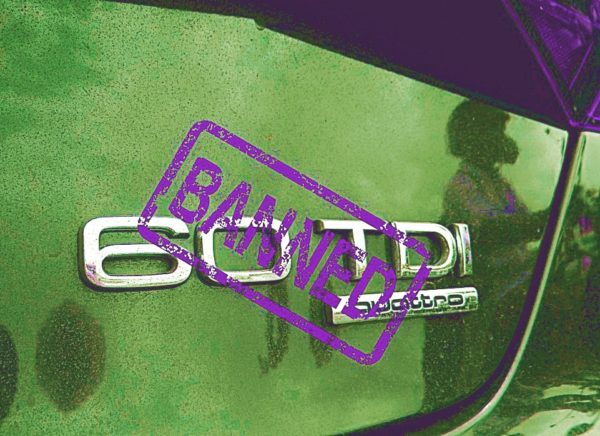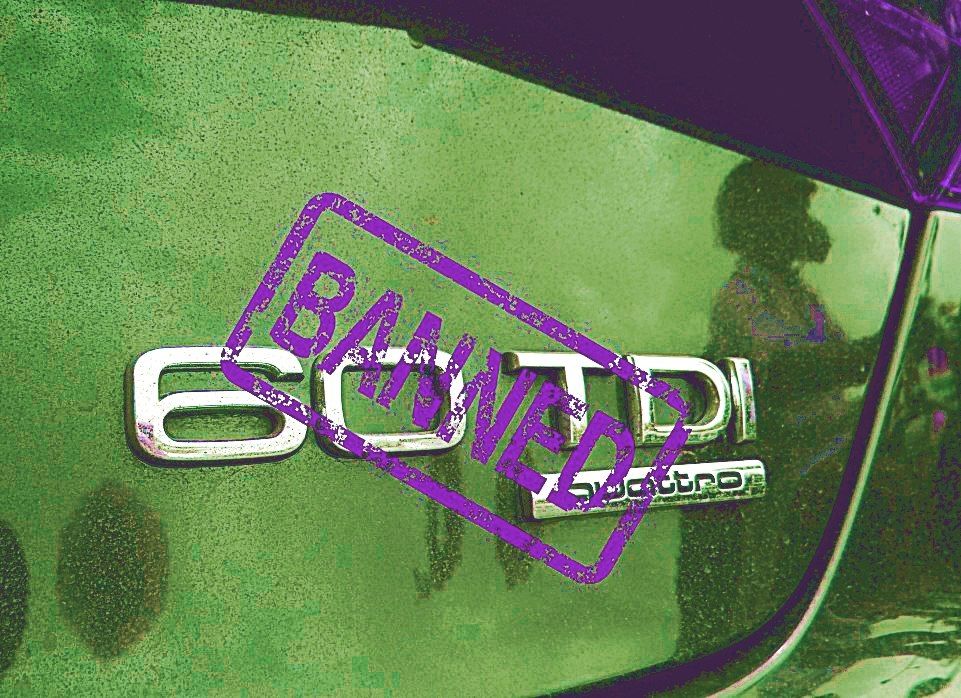Honourable Supreme Court’s recent decision to ban diesel cars with a cubic capacity of 2000 cc or above in the National Capital Region (NCR) has sparked much debate among the industry representatives and the common folk alike. Supreme Court is of the opinion that bigger diesel engines pollute the environment more severely with their particulate emissions, affecting the health of the citizens, and thus should not be allowed to ply in the NCR, which is already reeling under heavy amounts of air pollution.
With all due respect to the Honourable Supreme Court, the topic of diesel vs petrol engine pollution has evoked much debate in modern times as modern diesels are generally perceived to be clean. The apex court, however, has refused to entertain any arguments trying to quantify the pollution caused by diesel vs petrol cars. According to the SC, “it is settled for us that diesel pollutes more and we will not reconsider it”. Their understanding on the subject is based on the court’s conclusion in 1998 to replace all diesel powered bus with CNG run units. So while one can argue that the diesel engine technology has made giant leaps since 1998, and diesel powered cars are not the smoke spewing monsters they once used to be, the court doesn’t appreciate the view.
As it reaction on the matter, the Society of Indian Automobile Manufacturers has issued a statement “highlighing facts on diesel car ban”. The statement makes some strong, and somewhat valid points. One of the strongest points put forth by the body being, how can cars which are in compliance with the law of the land, and have been duly tested and approved by government appointed competent bodies be termed illegal all of a sudden. The body also raises its concern on the message such bans send across to the global investors, and the resultant negative sentiment it evokes about the stability in policy compliance.
Here’s the full text of the statement issued by SIAM, defending its case for selling higher capacity diesel cars in the NCR
29th April 2016, New Delhi- Society of Indian Automobile Manufacturers (SIAM), the apex Industry body representing leading vehicle and vehicular engine manufacturers in India today has put forward some of the facts with reference to the Ban being exercised by the Supreme Court on diesel passenger cars of 2000cc and above engine capacity.
As per the study conducted recently by IIT Kanpur which indicates that all types of Passenger Cars as a whole contribute to only 2% of the PM 2.5 pollution load in NCT. Out of this 2%, all diesel cars are estimated to contribute only 1.5% of the PM 2.5 pollution load. Further BS-IV diesel cars contribute only 0.5 % of PM 2.5 emissions.
All diesel cars being manufactured today are compliant to the current emission norms set by Government of India, Compliant vehicles can never be considered as “polluting”, and the “polluter pays” principle cannot be applied, unless there is a violation of the notified emission norms. The automotive industry has made significant investments in diesel technology which are in accordance with the Investment Policies of Government. As such, putting any restrictions or bans on a legally compliant industry tantamount to an infringement of the fundamental right to do business in the country.
According to SIAM, ban on diesel vehicle is not going to achieve the desired objective of reducing pollution, but will vilify diesel technology which has gone through a major transformation over the last 15 years and today is highly clean, as well as energy efficient. A ban on BS IV diesel cars legally encourages old and highly polluting vehicles not meeting the current emission norms, to continue plying on the road, while not allowing new vehicles compliant with current emission norms to be used. This is contra to the objective of the ban. It also gives an impression that there is no stability or predictability in the policy regime which will deeply dent the country’s global image as an investment destination and the ‘Make in India’ priority. Many auto MNCs have already taken a decision to freeze further investments in India until complete clarity is achieved on key policy issues which can have a bearing on their business prospects in India.
The auto industry with a total size of approximately Rs. 600,000 crores contribute almost half of the Manufacturing GDP of the country and employs more than 31 million persons direct and indirect. According to Government’s Automotive Mission Plan (AMP), the auto industry has the potential to employ a further 65 million persons in the next 10 years. The task before Government now is to arrive at a unified stand on major policy issues like the diesel case and clarify the policy to the Courts, as well as globally.
What’s your view on the subject? Do you think the points put forth by the SIAM make sense, or are you in favour of the ban? Do let us know your thoughts with your arguments and counter-arguments




I know politicians go againt fair use policy, ethics, logic, science and technology. Now its SC turn to do so. SIAM is correct with their statement though at times it favours unethical too. I would also like to question SC
1) Do you have a scientifically proven record that diesel cars with 2000cc emit more hazardous material in air compared to 1500cc diesels by all manufacturers? I do not think so.
2) Do you have an evidence that diesel cars above 2L capacity cannot be fitted with pollution control technology and those engines will never comply BSIV emission norms? Hold on, these engines from reputed international brands are already complying to Euro V. Isnt it rubbish? It is easy for higher cc cars to be very less polluting than lower cc cars because of cost margin.
3) Why do we have emission norms for vehicles leaving showroom in place if this is the rule of emission control? Scrap it. Its simple logic going againt science.
4) Do you still want people and companies should stop researching for technology that reduces pollution and make new cars worse than earlier? Usually new cars are getting lesser and lesser polluting. At least this is how other country governements promotes. It makes business sense for companies as well as keeps their environment green.
5) Why not use HC, CO, CO2 emission values to ban vehicles? You can ask auto companies to comply it with some aggresive timelines. This will really make a difference with their businesses intact.